Tim Wright is a bridge builder between secular and faith communities, and a powerful speaker and teacher. It will be a joy to have him speak at our 2018 Summer Institute.
Tim and I have worked on Rites of Passage programs for both boys/families and girls/families–in both secular and faith-based communities. I am Jewish but operate mainly as a secular thinker, and Tim, a Lutheran Pastor, works mainly in the faith-based community.
Before Tim and I met, I had the dream of creating bar/bat mitzvah-type Rites of Passage programs for both Christians and non-religious families and communities. Without Tim, this dream would not have become a reality. Now, these programs are being used throughout the country. Full credit to Tim—he is spearheading this effort.
Here’s more from Tim.
Imagine being a 14 year old boy:
- Several bursts of testosterone exploding throughout your body several times a day, filling you with an energy that needs to be expended, only to be told to sit and be quiet…
- Your body contorting and twisting into the body of an adult, but awkwardly and slowly, maturing a year or two behind girls your same age, leaving you feeling like the proverbial ugly duckling…
- Growing up in a world that views masculinity as toxic, telling you that by virtue of being male you are flawed; that you are on the path to being a sexual predator…
- Struggling to keep up with the girls in your class, especially in classes built on verbal-emotive skills…
- All the while also hearing a deep-seated whisper that you’ve been created for something great…
Imagine being a 14 year old girl:
- Growing up in a world of unprecedented opportunities for girls, yet feeling the pressure to do it all and be it all…
- Struggling with issues of self-esteem, often rooted in your body image, seeing sexualized images of girls everywhere and knowing you can’t live up to that…
- Finding the boys your age immature and finding yourself attracted to older boys, but afraid of them because they are older…
- Sensing something strange and wonderful happening once a month in your body and not quite sure what it all means…
- All the while hearing a deep seated whisper that you’ve been created for something great…
Since the beginning of time, tribes and cultures have recognized the vulnerable moment of early adolescence, especially in boys, and the need to train them for adulthood.
Out of that recognition grew the honoring of female menses through spiritual rituals and more complex long-term rites of passage for boys: strategic moments that helped shape the growing power of boys for good and noble purpose.
Cultures intuitively knew that girls had a monthly rite of passage that prepared them in many ways for womanhood, but boys had nothing similar. Without training and harnessing the growing power of testosterone in boys, cultures knew that that power could become one of the most destructive forces in society. But, with training, that power could become one of the most constructive forces in society.
In the last 30-40 years many have recognized a similar need for rites of passage programs for girls as girls now face opportunities and challenges unprecedented in the story of women. While the opportunities for girls are vast, so are the pressures and frustrations. In fact, women today report being less happy than 30 years ago! So, our girls, too, need to be trained in the art of being women.
11 years ago, I sent an email to Michael Gurian, asking if he might consult with me on how to use brain science research in our work with the boys and girls in our congregation. Out of that first email grew a friendship and partnership that led to the creation of several rites of passage programs.
Combining the epic quest stories of boys becoming men, (e.g. The Lord of the Rings; Harry Potter; Percy Jackson; Star Wars; The Chronicles of Narnia); universal rites of passage principles (facing challenges; surrounded by mentors; accomplishing tasks; celebrating the transition to adulthood…); brain and gender science research; and Michael’s HEROIC model (Honorable, Enterprising, Responsible, Original, Intimate, and Creative) from The Purpose of Boys, we designed a program for congregations to use with their boys and their dads. Utilizing similar models in The Wonder of Girls, and in collaboration with women in my congregation and the Gurian Institute, we created similar programs for congregations to use with girls and their moms.
From there we created several versions for dads/sons and moms/daughters for those in faith communities and those not connected to a faith community. Each of these various rites of passage all have the same focus: to train our sons and daughters to become good, heroic, wise men and women. We’ve enjoyed working with these models in both secular and faith-based communities.
As all cultures always discover, if we don’t intentionally train our sons and daughters in the art of being empowered and gracious adults, they’ll make it up as they go, or they will often turn to inappropriate or destructive forms of rites of passage.
When I was 15, I began a rite of passage of sorts, from passenger to driver. It was a year long process. I wasn’t simply handed a driver’s license. I was trained to drive a car. I was mentored to drive a car. I had to prove I could drive a car. When it comes to raising boys into men and girls into women, we should settle for nothing less than this rigor—and for even more by way of social-emotional growth and maturation. Rites of passage are uniquely power tools for helping our boys and girls soar into adulthood!
For more on all of the various Wright/Gurian Rites of Passage programs, go to www.TimWrightMinistries.org. I will be speaking on some of this at the Summer Institute on June 24.
–Tim Wright



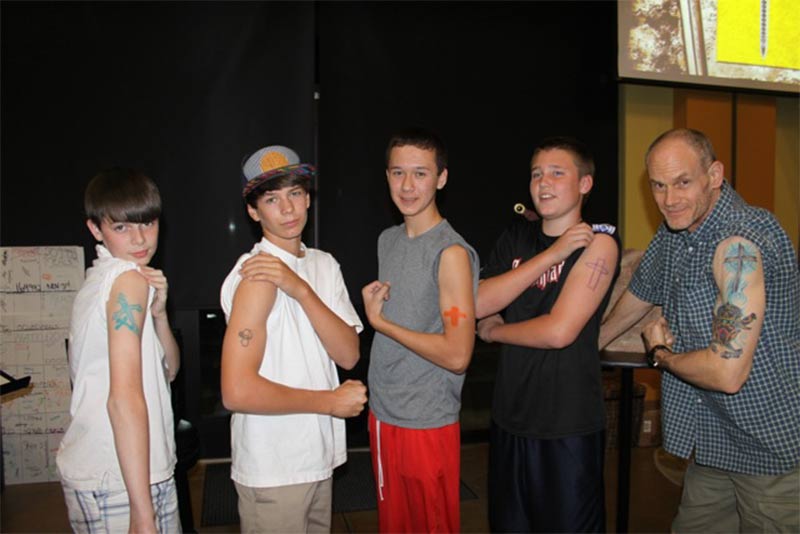
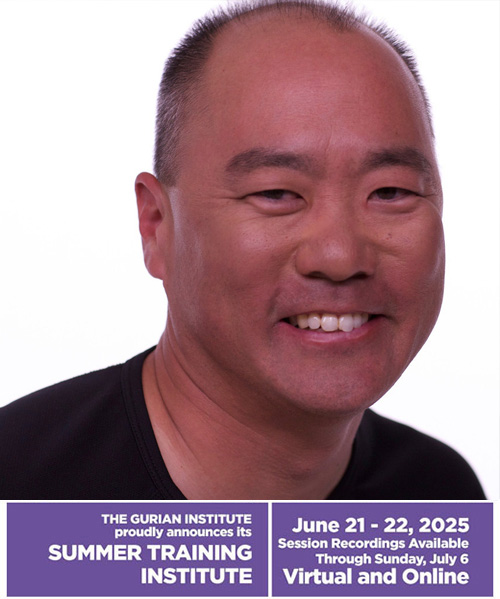


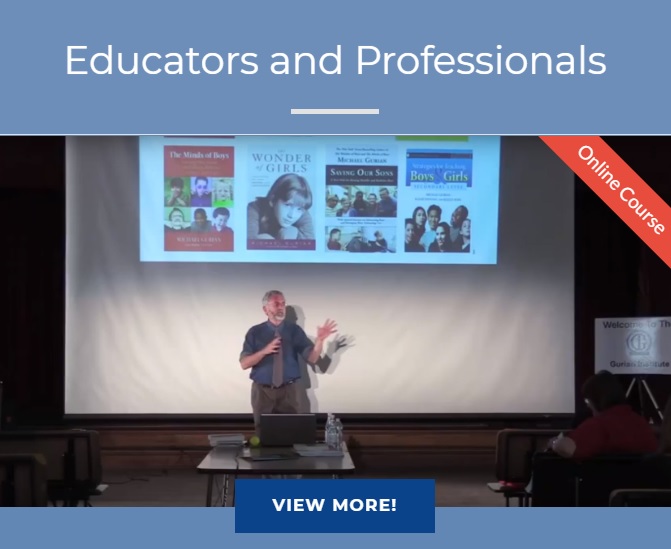
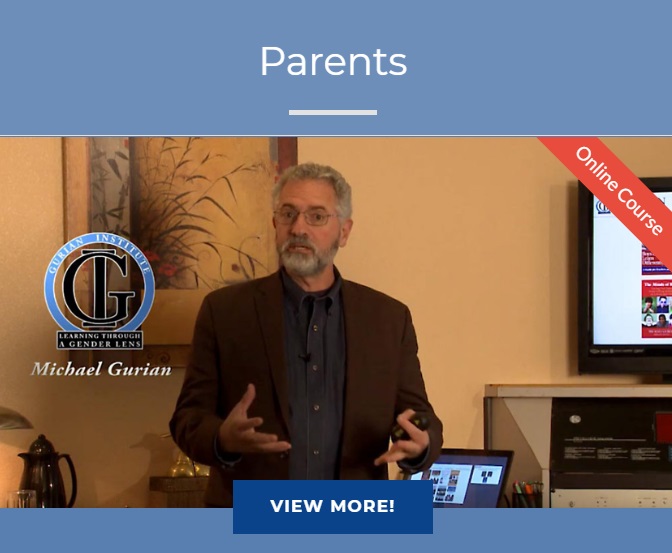
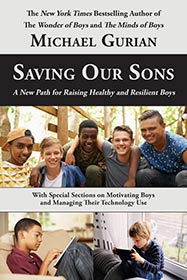
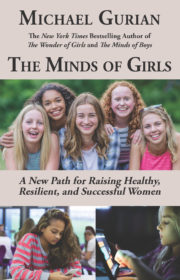
A rite of PASSAGE obviously presupposes a passage INTO SOMETHING. This something no longer exists for many men and women. Without this something, this rite, this ‘passage’ becomes a demoralizing and depressing deadend. As such it simply joins all those other quaint rites–like the rites of baptism and confirmation or the rite of Spring–in the dustbin of history. Of course, while both men and women have effectively lost that
which the ‘passage’ is supposed to lead to, that’s
where the similarity ends.
The passage into something, this BECOMING is a becoming something ELSE. In this case the child becomes an adult and in that PUTS AWAY the things of childhood. A becoming something is equally an excluding of something. For women today nothing is excluded and so nothing is actually ‘become’. For men, instead of a playroom stuffed to the rafters with opportunities; rights but no responsibilities, they find an empty room with shadows in the dust upon the floor of what had once been there.